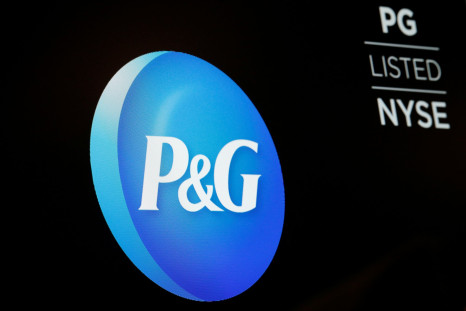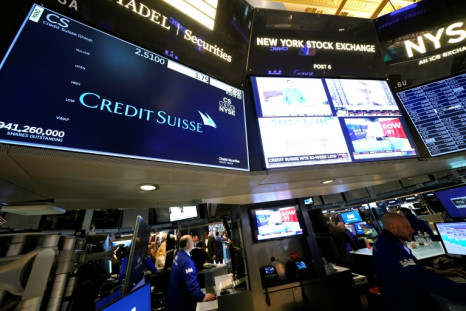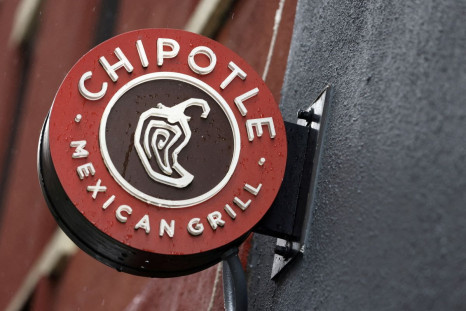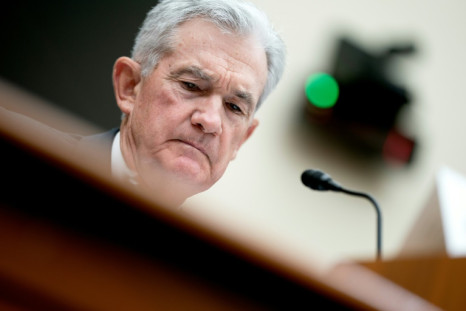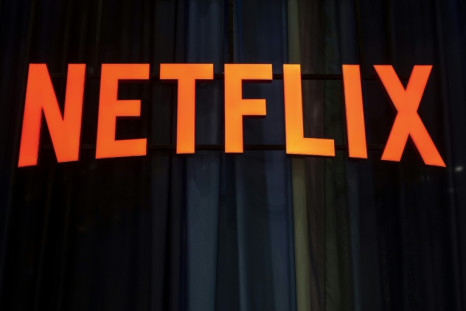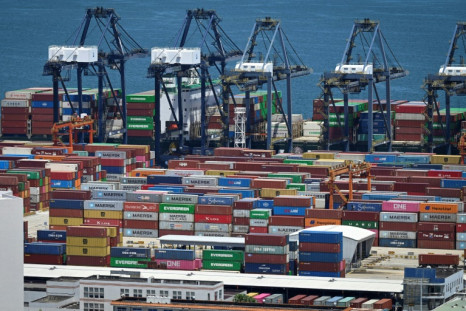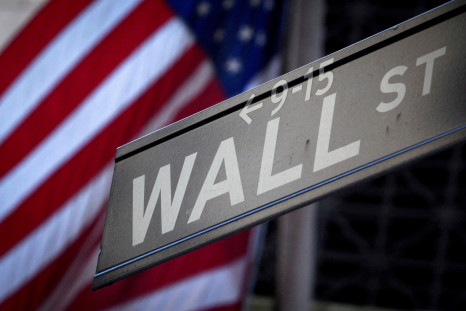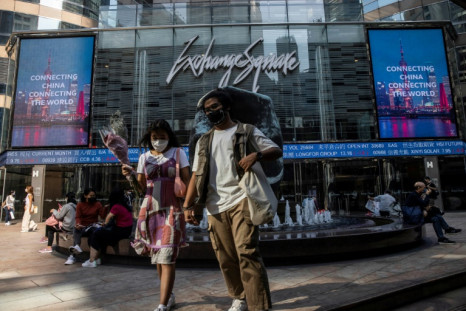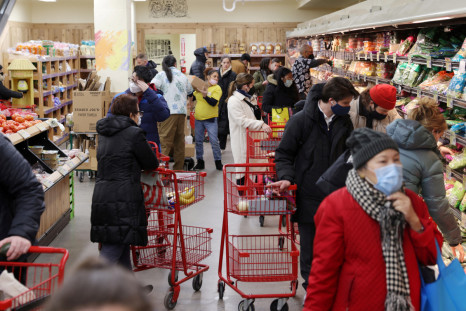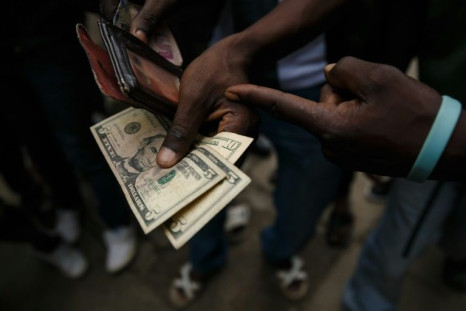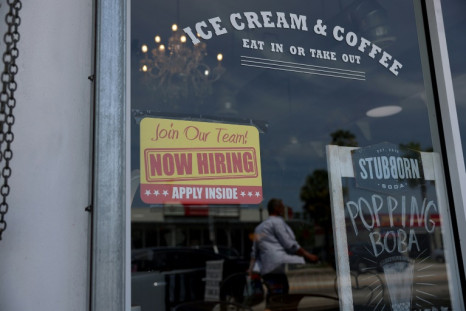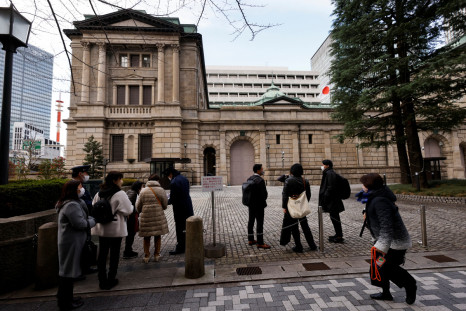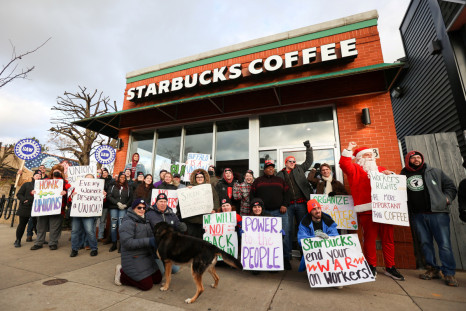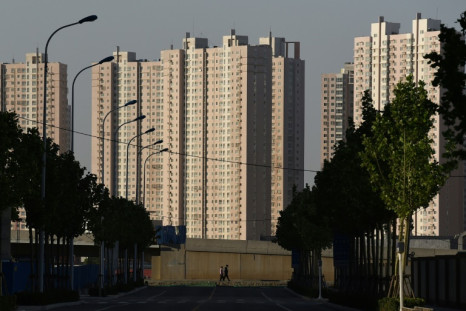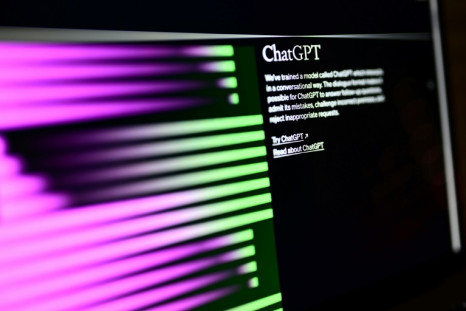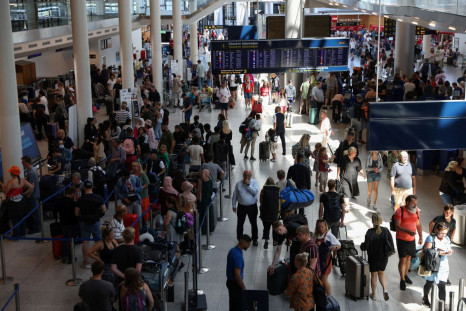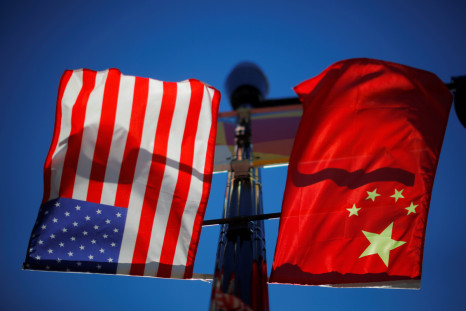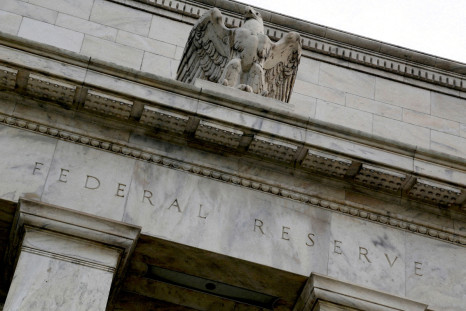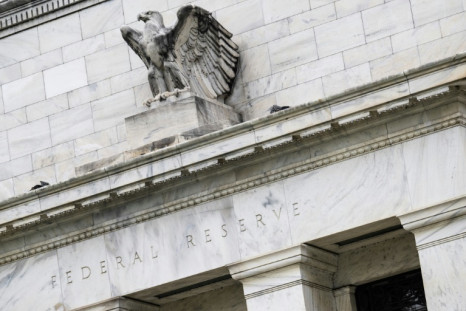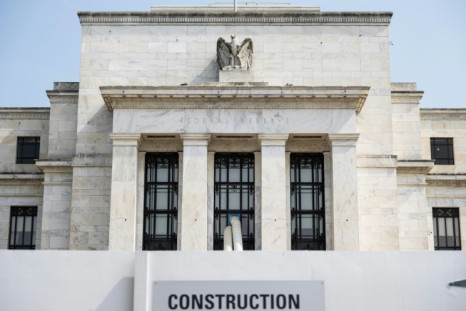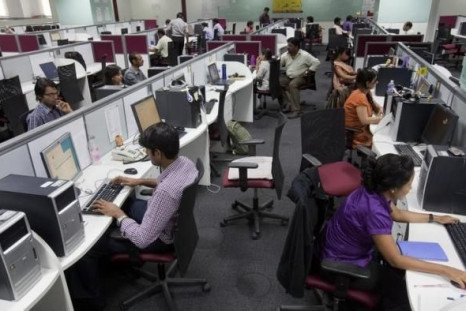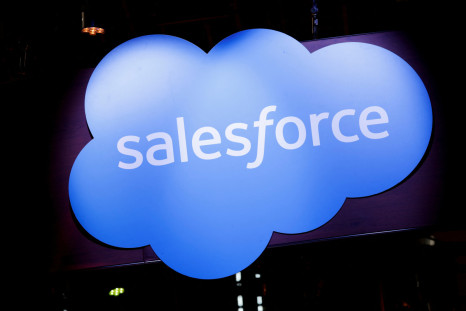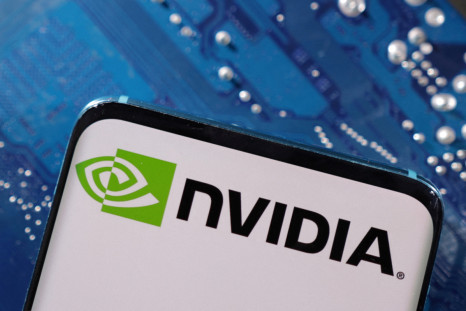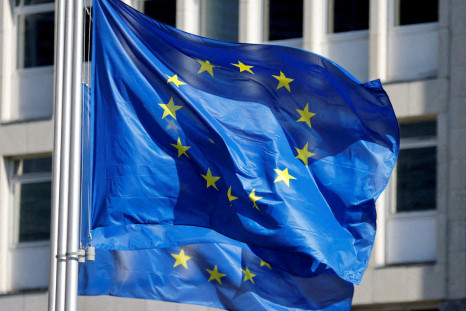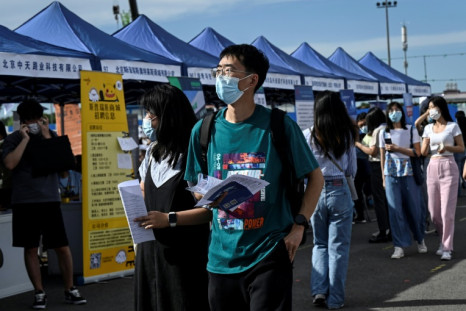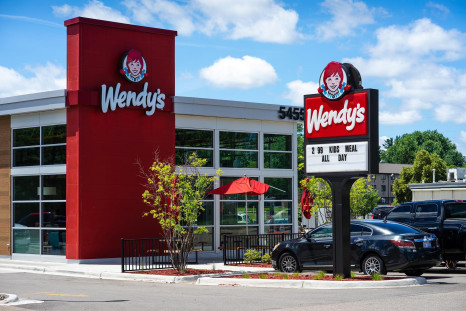P&G's price hikes may continue as the company faces cost pressures on several fronts.
A stronger-than-expected U.S. GDP report and robust durable goods sales shook off fears of an impending recession, aiding the positive sentiment about corporate earnings.
An aggressive pricing strategy that helped Chipotle Mexican Grill shift the cost of inflation to its customers last year is beginning to cool off the company's robust growth.
The chances for another hike have been rising thanks to a robust labor market, something the Fed monitors closely in determining the direction of the nation's monetary policy.
The streaming giant added close to 6 million subscribers and a solid revenue of $8.19 billion, up from $7.97 billion a year ago. In addition, it hiked its free-cash-flow estimates.
China's deflation will soon be exported to the rest of the world, as the country is the world's largest factory, making it a price-maker.
Last Friday, Citigroup, JP Morgan and Wells Fargo reported better earnings than the previous quarter.
The Hong Kong government was quick to blame the pandemic for the city's drop in international competitiveness.
However, the cause must be searched in factors like the national security law Beijing imposed to suppress the pro-democracy movement and exercise control over the semi-autonomous region of Hong Kong.
Wednesday's data showed inflation is at its lowest since early 2021, but it remains a "core" issue for the US economy.
Zimbabwe's inflation was running at an annual rate of 176% in June, while interest rates stand at 150%. That makes experts skeptical about the rally in Zimbabwe's equities, warning investors of the potential risks.
The labor market's resilience supports expectations for a hawkish Fed, meaning Wall Street is in for higher interest rates for extended periods.
That isn't the first time the Japanese economy has shown signs of life. These signs appeared several times over the last three decades but eventually faded, pushing the world's third-largest economy from one swamp of stagnation to another.
Unlike Starbucks, which strives to keep its employees from unionizing, Espresso House has a labor union representing its 7000 employees.
The consensus forecast among economists is that the U.S economy added 250,000 jobs in June, down from 339,000 in May.
Since the Great Recession, China's annual GDP growth has slowed, from around 14% in 2007 to about 4.5% recently, below the official targets. China's economic slowdown is partly a numbers game. High growth numbers are harder to sustain as economies grow in size.
AI systems will ease labor shortages, raise productivity, and fuel supply-side growth, solving the inflation problem.
By 2023, the U.S. dropped to the 9th position on the IMD's World Competitiveness Ranking, while Denmark made it to the top of the list.
The radical differences in how Beijing and Washington perceive the new geopolitical landscape are most pronounced in the South China Sea.
In its regular June meeting last week, the Fed sent a clear and loud message to markets: Fighting inflation isn't done. Interest rate hikes will continue for the rest of the year until inflation reaches the official goal of 2%.
In the last decade, China's role as the factory of the world has been undermined by several factors, including the rising of the country's labor costs due to the Lewis point, the rising geopolitical tensions between China and the U.S. and its allies over several issues and the flaring tech war.
In its regular June policy meeting on Wednesday, the FOMC left interest rates unchanged. Nonetheless, it reaffirmed that price stability remained its top priority goal and that it would do whatever it takes to reach it.
U.S., Greek and Japanese equities have lead the way to a recent rebound in global markets.
That's a new dilemma the nation's bank is facing as the U.S. economy has moved closer to its dual pursuit of maximum employment and steady prices.
The spread of AI will bring a revolution in the workplace, which could reverse decades-long trends that have shaped the global division of labor.
Wall Street is starting to cool off to Salesforce's business strategy.
Fresh off its $1 trillion valuation, Nvidia is beginning to look a lot like Tesla's stock a few years ago for hungry investors.
Europe still needs to adjust its policies to the new realities including the re-rise of China, which looks outward for its growth and prosperity this time around.
The average Chinese citizen is much better off today than four decades ago when the country's economy was mired in stagnation.
Greek equities got a boost from the continued decline in the country's sovereign debt yields, which have dipped below 4% in recent weeks.
AI systems will take the fast-food sector by storm, replacing workers from one task to another, taking orders from customers, placing orders for suppliers, and processing payments.
Editor's pick



